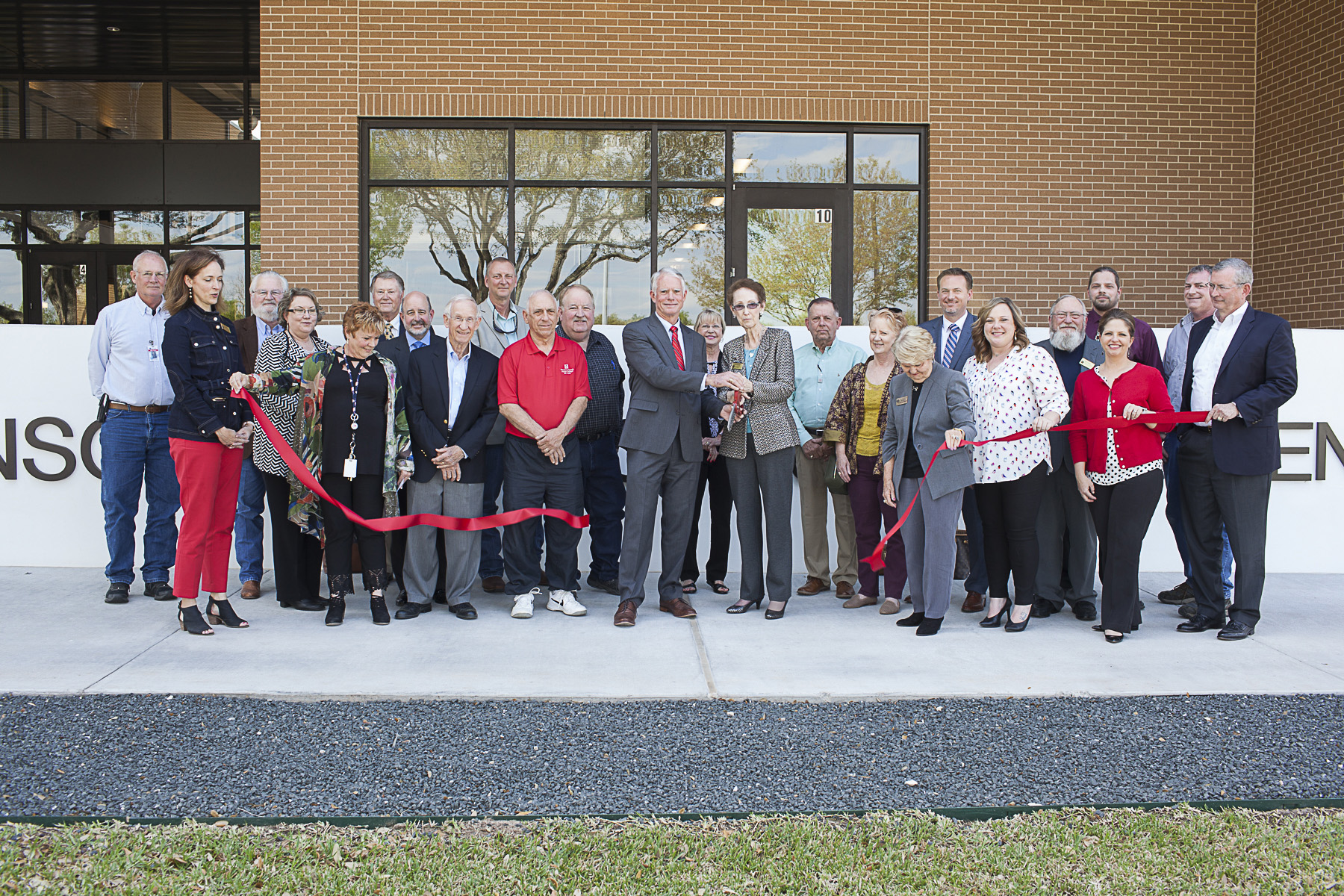ACC Works to Prevent Suicide
Suicide is the second leading cause of death of college students, behind automobile accidents, and we must address the issue as our students are facing high levels of stress on campus and off.
There are many reasons for the recent spike in suicides and a recent U.S.A Today article pointed to the lack of mental health screening and poor access to mental health services.
Brazoria County is above the state average for suicide rates, according to a University of Texas study.
Here at ACC, we are implementing a new strategy on campus to help prevent suicides called L.I.V.E. (Listen, Investigate, Verbalize, Escort). Students can ask for a Counselor in the Admissions office, or can email for an immediate appointment here at ACC. In some situations Instructors walk over students to see them.
We encourage everyone to Listen to an individual that is showing changes in behavior or has withdrawn.
Investigate and ask questions about how they are feeling (ask about suicide). We believe it is everyone’s responsibility to ask others including students if they are thinking about suicide. Hurting oneself is different than ending the pain through suicide.
Next, the person asking the question should Verbally express their concern. Individuals that are hurting need compassion, but mostly need your attention and time and that one cares.
At ACC, students can be Escorted or referred immediately to a Licensed Professional Counselor located on campus in Building A. Students or an individual cannot be left alone when there is immediate danger. Reaching out and offering support to an individual or student is the important key in L.I.V.E.
It is important to note possible changes in behavior that could signal suicidal thinking. This can include changes in appearance, talking about suicide, seeking out lethal means (collecting) such as guns, pills, knives or other objects that could be used in a suicide attempt. They could also be expressing helplessness, hopelessness and feeling trapped in situations.
Individuals could be physically or emotionally abused by a member of their own family or in a terrible relationship and see no way out.
More signs include self-loathing, self-hatred such as “Everyone would be better off without me.” They may also appear to be “getting affairs in order,” such as making out a will, giving away prized possessions and making unusual arrangements for family members. Saying goodbye that is unusual or unexpected calls or visits to family and friends. Saying goodbye to people as if they won’t be seen again.
The biggest sign beside changes in behavior is someone withdrawing from others. This is called increased “social isolation.” The desire to be left alone. Students who don’t have friends, or suddenly reject their friends, may be at risk. A friend who suddenly rejects you, claiming “you don’t understand me anymore,” may be having emotional problems.
Also, someone having difficulty in adjusting to sexual orientation or gender identity. Gay, lesbian, bisexual, and transgendered students have higher suicide attempt rates than their heterosexual peers.
They may also exhibit self-destructive behavior such as increased alcohol or drug use, reckless driving, unsafe ex, or taking unnecessary risks as if they have a “death wish.”
A sudden sense of calm and happiness after being extremely depressed can mean that a person has made a decision to commit suicide. Showing rage, or talking about seeking revenge for being victimized or rejected whether or not the situations that person describes seem real. Don’t argue with anyone about things not being real. Just listen and in an emergency situation call 911.
In summary, if someone is worried that they know someone considering suicide, take action immediately! Talk to the individual and ask “Are you thinking about suicide? Do you have a plan?” Again, don’t leave them alone and reach out to their support persons, or escort that individual to a mental health professional, or call 911.
In serious situations at ACC we can involve close friends and family with the student’s permission to make sure that that those individuals are healthy, supportive and the students wants them to know and be involved.
Many people worry about confidentially. That is not an issue in an emergency. Reach out to that person that is hurting and reach out to others to help. Use the L.I.V.E. strategy.
For more information about counseling services at ACC, visit
www.alvincollege.edu/Counseling-Community-Resources-Wellness or call 281-756-3534.
By Diana Stiles, ACC advisor and Licensed Professional Counselor
Originally posted on alvincommunitycollege.tumblr.com


